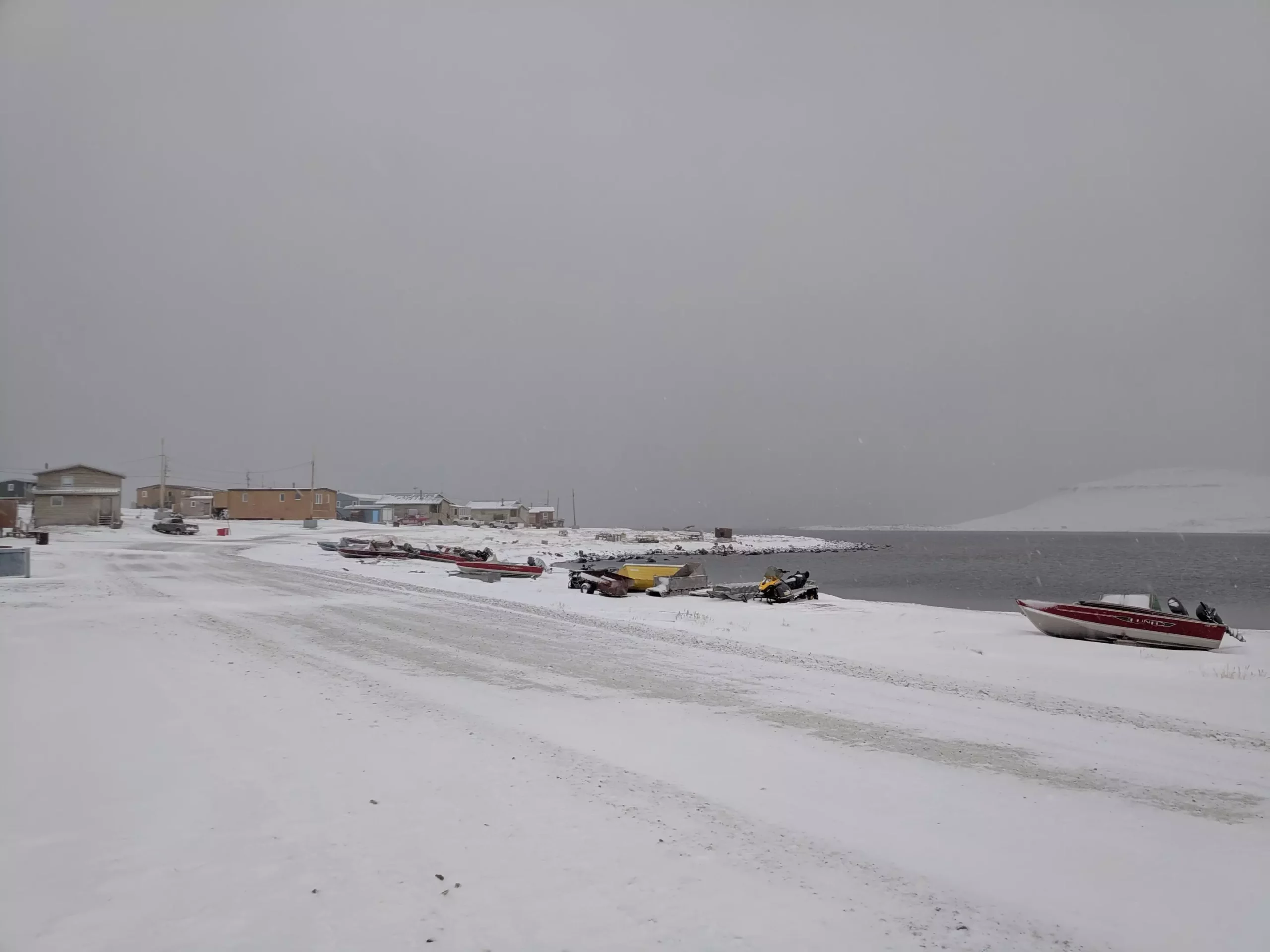In a world grappling with the consequences of climate change, the focus on local food production emerges as a beacon of hope for sustainability and economic resilience, particularly in remote Indigenous communities. Data from the Inuvialuit Settlement Region in the Canadian Arctic reveals that choosing locally harvested food over imported substitutes not only slashes costs but also dramatically reduces carbon emissions. This research, spearheaded by the Max Planck Institute for Evolutionary Anthropology in collaboration with the Inuvialuit Regional Corporation, offers compelling evidence that supports the intrinsic value of local food systems, which are often overlooked in broader climate change policymaking.
Unraveling the Economic and Environmental Benefits
The implications of local food harvesting extend beyond mere statistics; they reverberate throughout social fabric and community health. The study highlights potential annual savings of over 3.1 million Canadian dollars, along with a reduction of approximately 50% in carbon emissions when local foods substitute for imports. While these figures are startling, their true significance lies in the nuanced understanding of how local economies operate. Indigenous communities in the Arctic, with their rich traditions of hunting, fishing, and gathering, represent a mixed economy that cannot be adequately captured through conventional economic models.
The findings underscore a critical message: weakening these local food systems threatens not just environmental goals but also the very food security and health of these communities. As new policies continue to emerge, such as carbon taxation in Canada, it is essential to consider the unique challenges faced by regions like the Inuvialuit Settlement. The consequences of failing to integrate local food systems into climate frameworks could be dire; increased emissions might just be the tip of the iceberg.
Research Methodology and Insights
A key aspect of the study was its meticulous methodology. By analyzing data from a 2018 harvesting study within the Inuvialuit community of Ulukhaktok, researchers calculated the total edible weight of food produced locally and juxtaposed it against market substitutes such as beef and farmed fish. This comparative approach enabled the researchers to assess the economic and environmental impact of relying on imported foods, which often entails extensive transport-related emissions.
One of the striking findings was the estimated cost of gasoline used in local food harvesting, amounting to around 295,000 Canadian dollars, which is substantially lower than the costs associated with importing food. Moreover, local harvesting practices, while reliant on fossil fuels, generated half the carbon emissions of those associated with imported food products.
This quantitative analysis paints a vivid picture: local food systems are not only economically viable but also a crucial component of reducing a community’s carbon footprint. It challenges the notion that rural food systems are inherently less sustainable and affirms that local solutions can achieve environmental goals if properly supported.
Resilience and Vulnerability in Remote Communities
The research goes beyond numbers. It encapsulates the broader climate vulnerability faced by remote Indigenous populations. As global climate patterns shift, these communities are uniquely positioned to leverage their local resources and traditional knowledge systems for resilience. Climate change policies, however, must not ignore these intricate local contexts. Failing to do so risks perpetuating inequalities and disproportional environmental burdens.
The findings illuminate a larger issue: the disconnect between climate policies and local realities. It is not enough to simply establish broad emission reduction targets; policymakers must incorporate community-driven solutions that prioritize local food production as a critical component in mitigating climate impacts. Doing so could not only enhance food security but also invigorate local economies, making communities less vulnerable to global supply chain disruptions.
A Call to Action for Inclusive Climate Policy
The research underscores an urgent need for climate adaptation strategies that honor local economic structures and cultural practices. Policymakers must recognize the hidden potential of formalizing and supporting these local economies rather than rendering them invisible in economic statistics.
Moreover, the approach established in this study serves as a blueprint for further research across various regions, prompting a more nuanced understanding of how local food systems function and their potential for fostering sustainable practices globally. The implications extend beyond Canada, suggesting a model that could be replicated in diverse communities worldwide to promote food sovereignty and resilience.
The urgency of climate change compels us to rethink our food systems and embrace localism as a means of combating global warming. By investing in local food production and successfully intertwining it with climate policy, we not only secure healthier futures for marginalized communities but also work towards a more sustainable planet. The research from the Inuvialuit Settlement Region shines a spotlight on the potential for empowerment through local food—a critical mission we must champion.


Leave a Reply